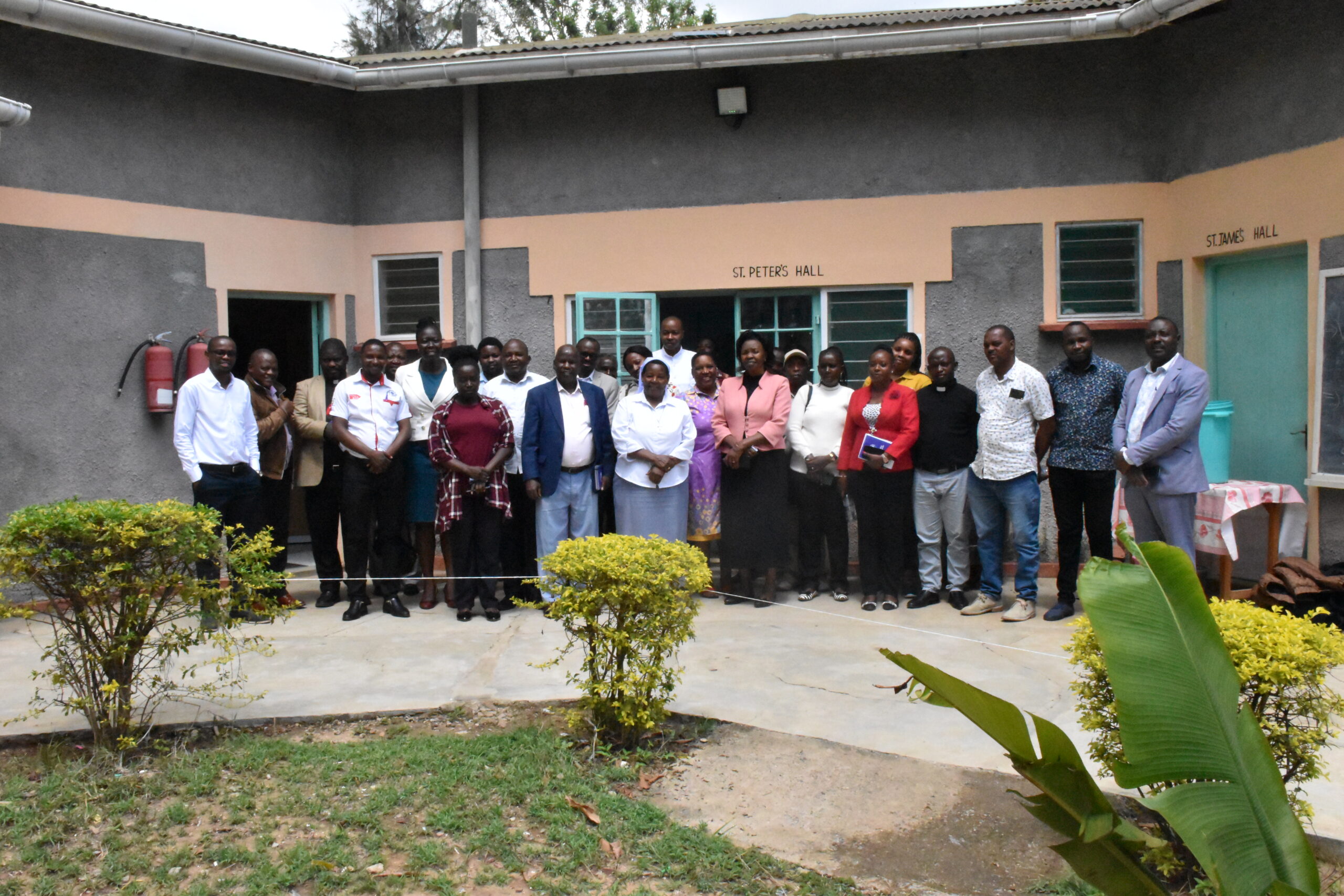By Clifford Akumu
A lobby group has lauded the decision by the Tanzanian government to implement and enforce a nationwide plastic bags ban.
The move by the East Africa nation, adds the lobby, is a major step in sealing the porous cross-border that has been blamed for the resurgence of plastic bags menace in neighbouring countries like Kenya several months after the ban took effect.
Tanzania has announced a nationwide ban on the use of plastic bags starting from June 1, 2019. It becomes the 34th African country to ban importation, production, sale and use of plastic bags, according to the United Nations Environmental Programme (UNEP).
The country, which boasts of many tourist attraction sites, has also issued a notice to travelers that they will have to “surrender” plastic bags in their possession at the point of their entry.
Greenpeace Africa’s Senior Campaign Manager, Renee Olende said the move “is a beacon of hope in fostering an environmentally conscious society in the East African region”.
“We welcome the decision by the Tanzanian government to implement and enforce a plastic bags ban. This is a beacon of hope in fostering an environmentally conscious society in the East African Region,” said Olende in a statement.
The country’s ‘calculative move’ that follows similar steps by her neighbours Kenya and Rwanda aims to phase out non-biodegradable plastics in an attempt to tackle plastic pollution.
“Single-use plastic is an increasing global environmental threat. Plastic materials, their chemical composition, including their additives, pose great risks to the environment, marine life and human health” added Olende.
However, the lobby further warns Tanzania authorities to take note of unscrupulous businessmen and traders that continue to use dubious means across the borders to bring in banned plastic bags.

In Kenya, for example, the National Environment Management Authority (NEMA) recently issued a warning over the return of plastic bags in the country blaming the porous Kenya-Uganda border for the menace.
Kenya which banned plastics two years ago has been experiencing implementation problems casting doubt on the real impact of such moves on the environment conservation and plastic pollution problem.
The environmental watchdog has further urged the Tanzanian government to ensure strict enforcement and implementation of the ban to avoid such occurrences.
And to achieve the benefits of a single-use plastic carrier bags ban, the lobby thinks, there is need for East African legislative members to push for coordinated enforcement of the regional single-use plastic carrier bags ban.
Greenpeace Africa warns that just like Kenya, Tanzania could be staring at what it terms as ‘an implementation nightmare’ -a situation it says -will be exacerbated if a regional policy is not implemented.
“There is an urgent need for a regional approach to tackle the menace brought by single-use plastics in East Africa. Tanzania will be singing from the same hymn sheet if a regional policy is not implemented,” she added.
Already traders in Tanzania are crying foul claiming that they incurred huge losses because they were forced to dispose their stocks as the ban took effect.
Meanwhile, the lobby has called upon the Kenyan government to improve its coordination and collaboration among various enforcement agencies to nab the illegal suppliers of banned single-use plastic carrier bags.
“To curb the influx of contraband single-use plastics into Kenya, the government needs to improve its coordination and collaboration among various enforcement agencies including the NEMA, National Intelligence Service and Police units acting both within and across borders to nab the illegal suppliers of banned single-use plastic carrier bags,” added Greenpeace Africa’s Campaigner Amos Wemanya.
Wemanya urged Kenya’s government to tighten policies and regulations on plastics and give incentives to producers that will come up with affordable alternatives to single-use plastics.
He added, such a move “will make alternatives more affordable, stimulate more production thus influencing the accessibility to small scale retailers and consumers who form the larger population that is consuming illegally acquired single-use plastic carrier bags.”













